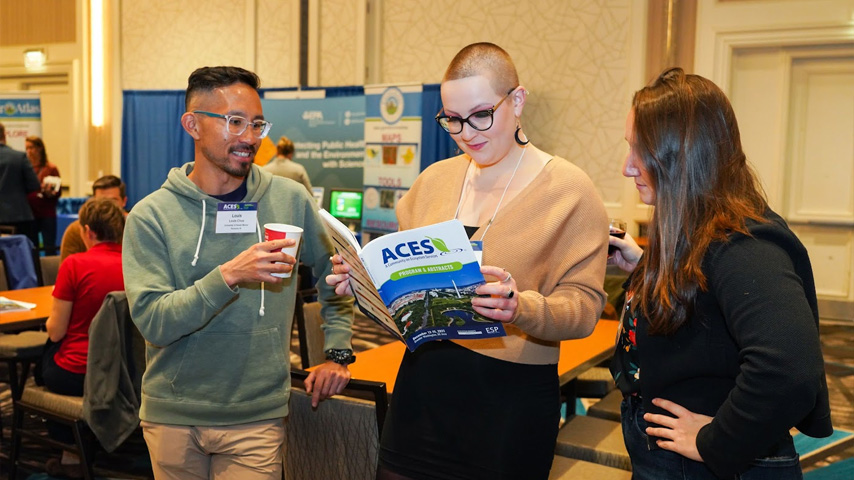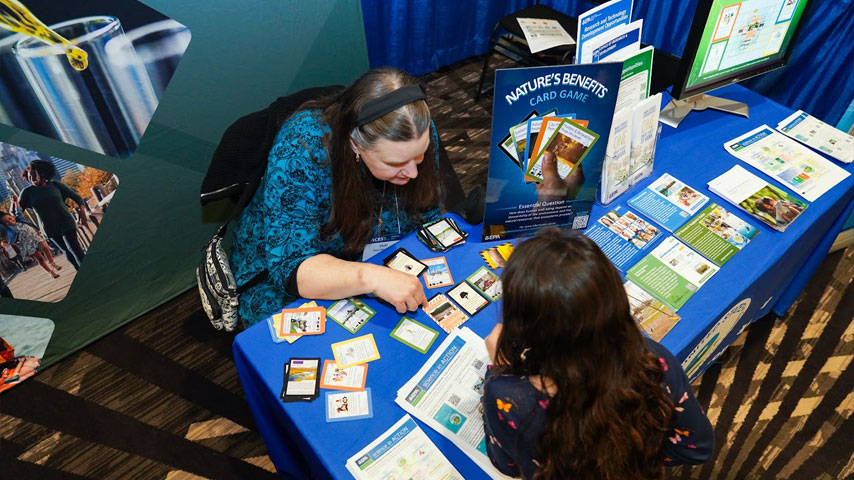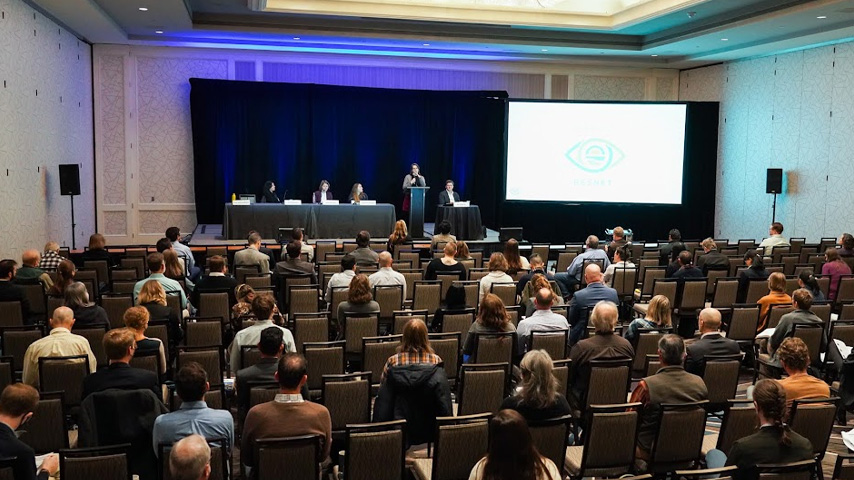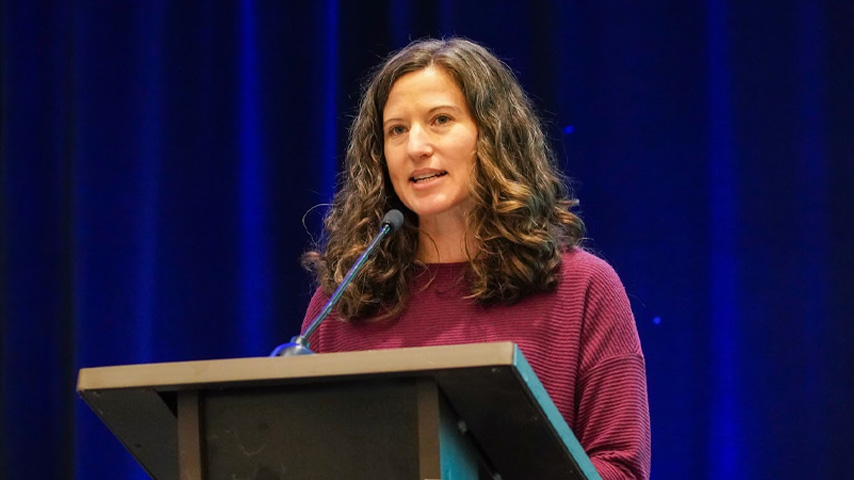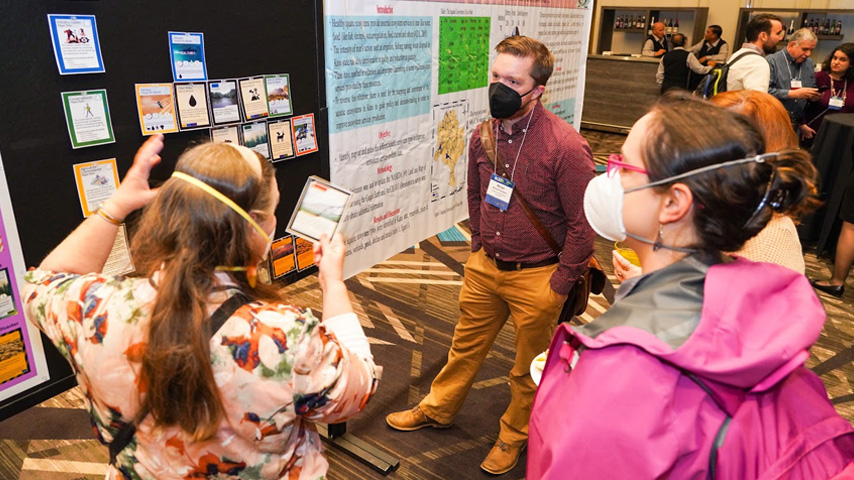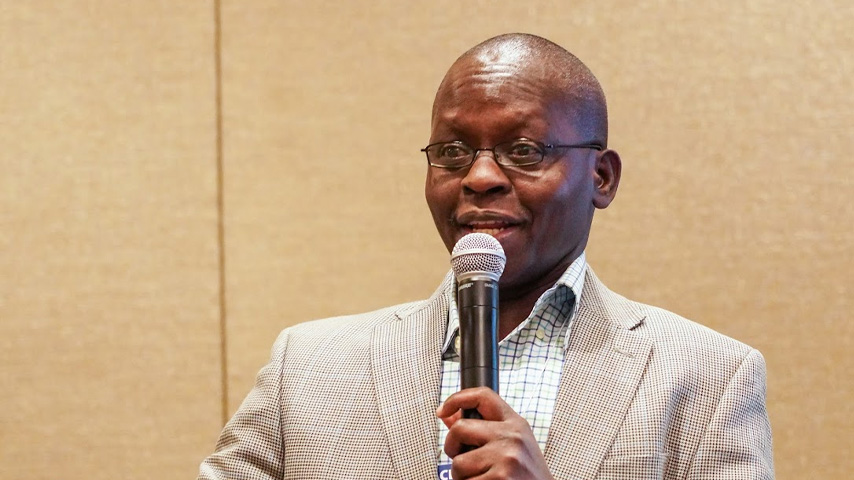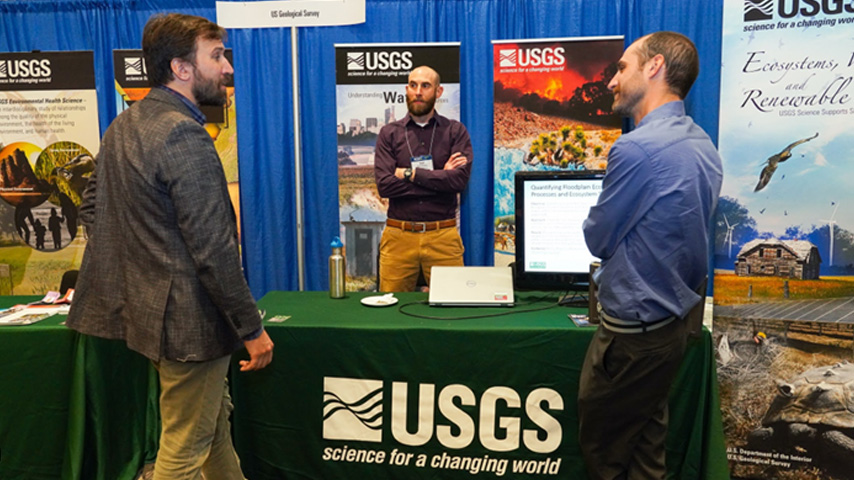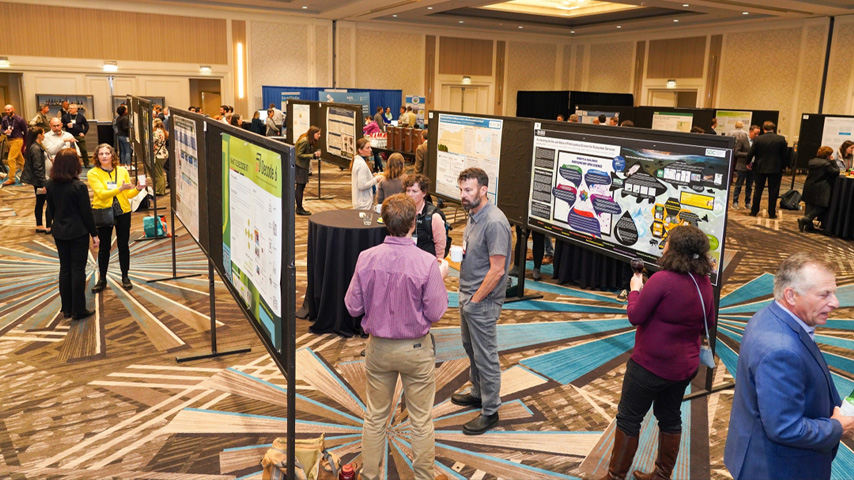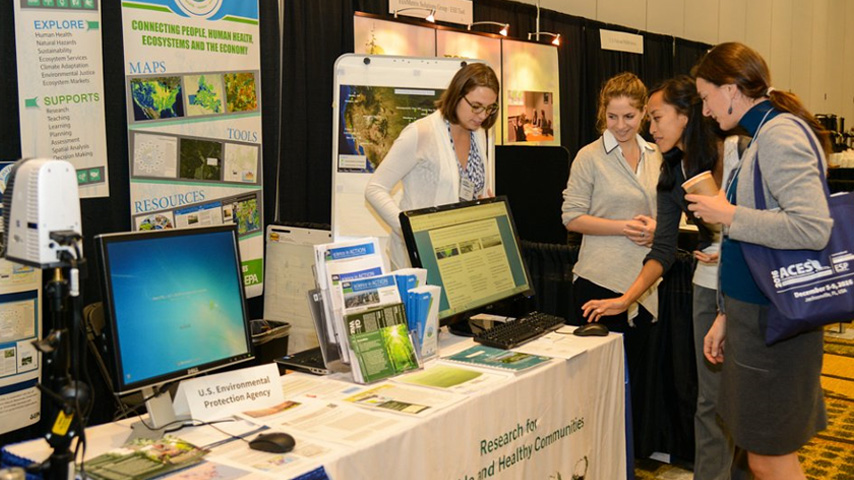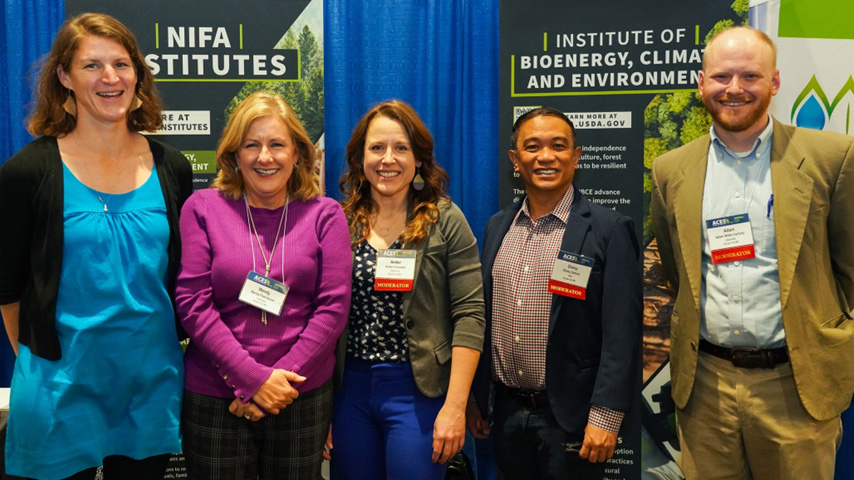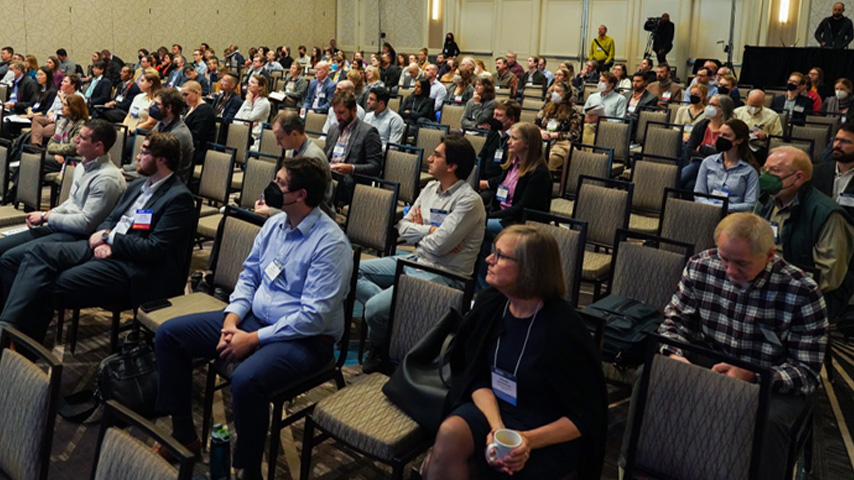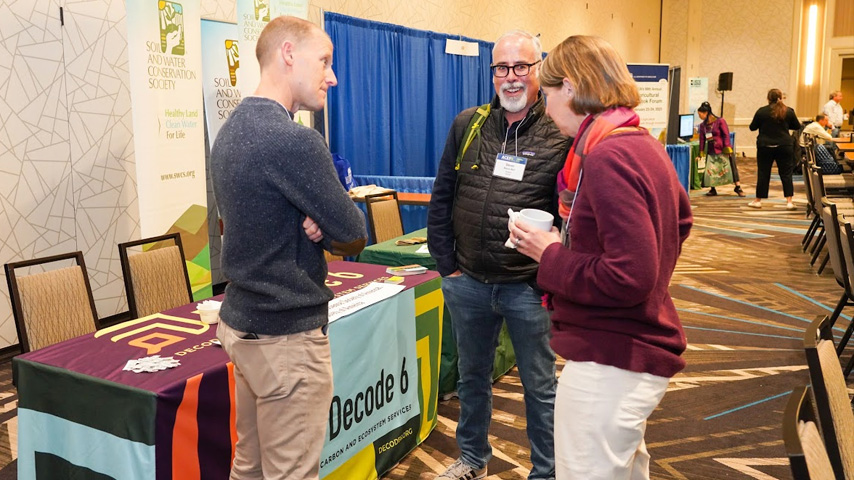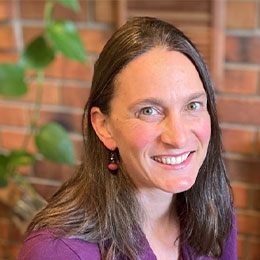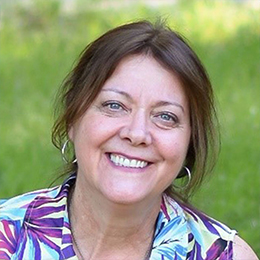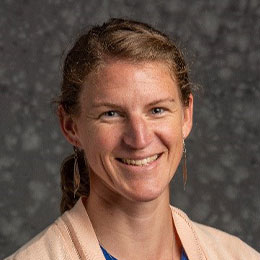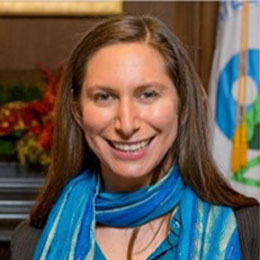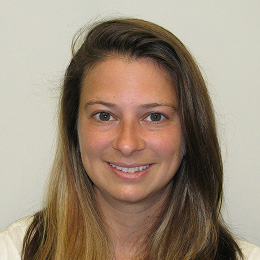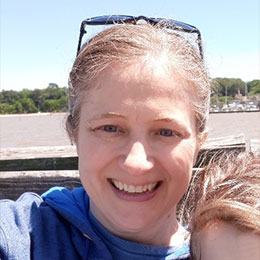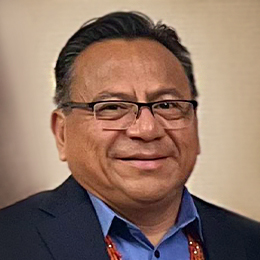Call for Session Proposals
Submission Deadline has Passed
The ACES conference brings together international scientists, practitioners, managers, and policymakers from government, academia, NGOs, and the private sector who are interested in natural systems and their relationship with human well-being. We invite those actively working in ecosystem services to propose a session you think is a timely topic that would be beneficial and of keen interest to the ACES community. This year’s theme will focus on "Investing in Community Resilience and Equity”.
Presentation Themes
ACES presentations will focus on a diverse range of topics including but not limited to:
- Investing in Ecosystem Services:
- Investing in Nature
- Tools and Approaches for Measurement and Valuation
- Equity in Ecosystem Services:
- Inclusivity and Collaboration in Policy and Decision-Making
- Recognition of Diverse Human/Nature Relationships
- Who Benefits? When, Where, and How?
- Resilience in Ecosystem Services:
- Community and Ecological Resilience
- Putting Nature to Work
- Other
These overarching topics will form the major emphasis and organization of the conference in 2024; however, they are not intended to exclude or discourage submission of organized sessions and/or individual abstracts that may not fit within them that are relevant to ecosystem services.
We want to capture all emerging topics and new ideas critical to ecosystem services!
*Ecosystem services may be known by alternative names (natural capital, ecological benefits, etc.); Terminology should not limit submission of ideas.
Session Formats
All sessions are 105-minutes long with a 5-minute introduction window. Individuals are limited to proposing one session.
Standard Format
This format consists of a 5-minute session introduction and overview by the moderator, followed by five consecutive 20-minute talks (15 minutes per talk plus 5 minutes Q&A), with speakers submitting individual abstracts and using PowerPoint slides to display graphics emphasizing key elements, supporting details and in-depth information.
Panel Format
This format entails a maximum of four panelists. Sessions generally begin with a brief overview by the moderator followed by panelists introducing themselves and describing their personal experience and perspective on the topic. The moderator then facilitates interactive dialogue amongst panelists to obtain different viewpoints using pre-determined questions before engaging the audience in Q&A. The session ends with a closing summary and panel recognition. Use of PowerPoint should be limited to no more than a few key slides to help the audience visualize the panel concept.
Please Note
Panel organizers will be asked to submit one abstract on behalf of the panel. Panelists do not need to submit abstracts.
Steps to Develop a Session Proposal
- Define the purpose, focus and overarching message of the proposed session.
- Decide on your preferred session format (standard session with consecutive talks or a panel)
- Contact and invite the appropriate number of colleagues to present a diverse perspective.
- Confirm speakers/panelists understand the details of participation if your session is approved.
- Details for Speakers Participating in a Pre-Approved Session (PDF)
- Details for Panelists Participating in a Pre-Approved Session (PDF)
- Use this Session Proposal Template to create a session proposal.
- Submit your proposal online by April 19, 2024 via the conference web site.
- Proposal submitters will be notified on May 6, 2023 if their proposal was approved.
- Due to space limitations, individuals are limited to organizing one session only.
Proposal Evaluation Criteria
- Selection is based on content and expected level of interest, and the session's potential for generating useful results and dialogue among attendees.
- Preference will be given to sessions that are integrative in nature, and/or that communicate interdisciplinary science effectively to a broad audience.
Session Organizer Responsibilities
If your proposal is accepted, your responsibilities as a session organizer include:
- Serving as the primary contact for the session. We communicate with one official representative.
- Confirming the appropriate number of speakers or panelists with diverse perspectives for your session.
- 3. Communicating details of participation to your presenters/panelists during the invitation process, and again by May 31, 2024 if your session is approved.
- Details for Speakers Participating in a Pre-Approved Session (PDF)
- Details for Panelists Participating in a Pre-Approved Session (PDF)
- Ensuring all speakers submit an abstract by July 12, 2024. Panel organizers should submit one abstract on behalf of the entire panel.
- Submitting a completed agenda grid by July 19, 2022. After abstract submission closes, we will email you a template to fill in the final session title, moderator name, and speaker names with talk titles in the final order.
- Ensuring all speakers/panelists register and pay by September 13, 2024 to confirm participation.
- Identifying replacements in the event of a cancellation.
- Moderating the session and facilitating Q&A.
- Being attentive to all deadlines posted on our Key Dates & Deadlines page.
Registration is Required to Participate
All participants, including speakers, poster presenters, panelists, session organizers, and moderators, are required to register and pay the applicable registration fee to attend the conference. To assist with preliminary budgeting and attendance approval, the registration fee is estimated to be $650 for attendees, and $450 for students. Confirmed registration fees will be posted on the web page in the coming weeks. The registration fee will include the Welcome Social, daily morning, mid-day and afternoon refreshment breaks, a poster session social, and lunch on Tuesday and Wednesday.
Key Dates & Deadlines
All important dates and deadlines are posted on our Key Dates & Deadlines page.
Questions?
Contact Beth Miller-Tipton at bmt@ufl.edu
